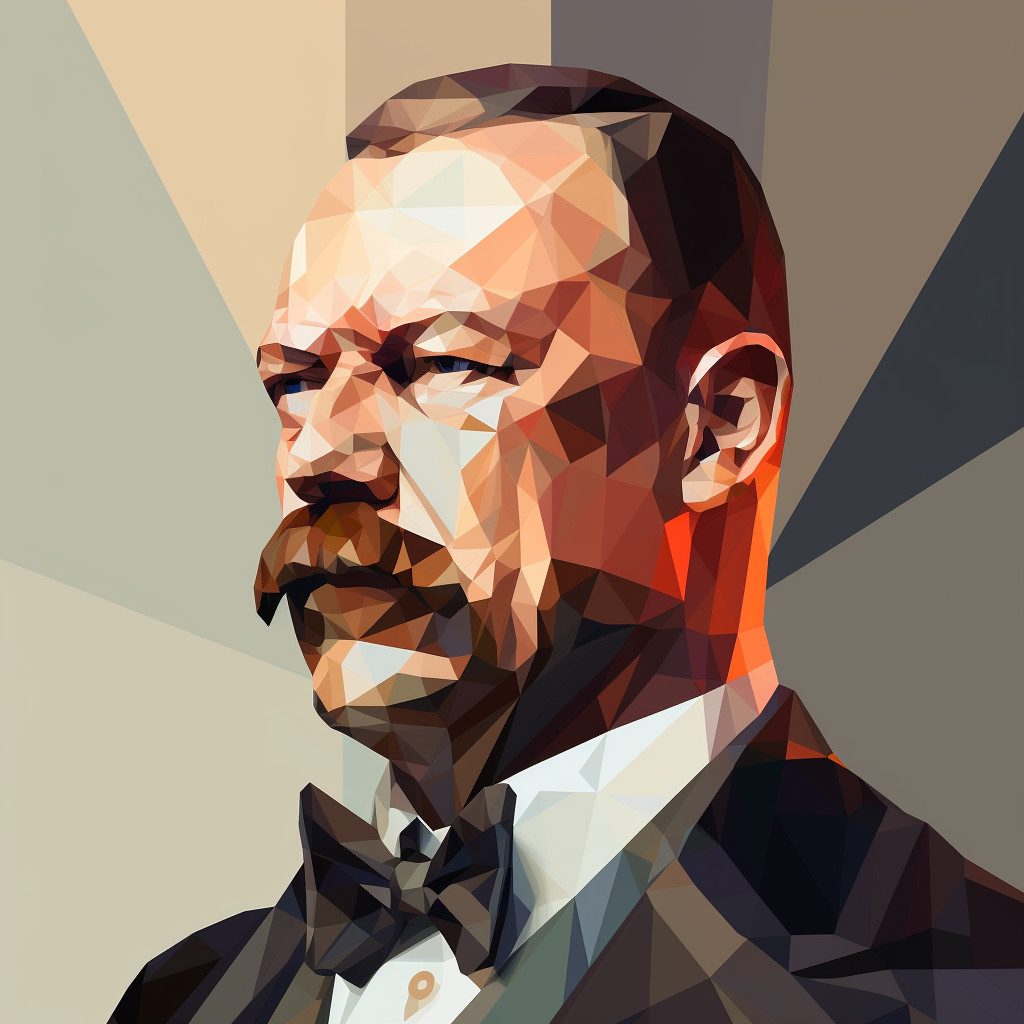'Picnics' Quotes
Picnics are a beloved pastime that bring people together to enjoy good food, nature, and each other’s company. ‘Picnics Quotes’ capture the essence of this simple yet meaningful activity, reminding us to slow down and appreciate the little things in life. These quotes have been use…Read More
Picnics are a beloved pastime that bring people together to enjoy good food, nature, and each other’s company. ‘Picnics Quotes’ capture the essence of this simple yet meaningful activity, reminding us to slow down and appreciate the little things in life. These quotes have been used by individuals and society to inspire and encourage a sense of community, relaxation, and joy. From famous figures like Jane Austen and Ralph Waldo Emerson to modern-day influencers, ‘Picnics Quotes’ have stood the test of time and continue to resonate with people of all ages and backgrounds. They serve as a reminder to take a break from the chaos of daily life and enjoy the simple pleasures that a picnic can bring.Read Less
Picnics are a beloved pastime that bring people together to enjoy good food, nature, and each other’s company. ‘Picnics Quotes’ capture the essence of this simple yet meaningful activity, reminding us to slow down and appreciate the little things in life. These quotes have been used by individuals and society to inspire and encourage a sense of community, relaxation, and joy. From famous figures like Jane Austen and Ralph Waldo Emerson to modern-day influencers, ‘Picnics Quotes’ have stood the test of time and continue to resonate with people of all ages and backgrounds. They serve as a reminder to take a break from the chaos of daily life and enjoy the simple pleasures that a picnic can bring.
11 Notable 'Picnics' Quotations and Sayings
Picnics – Symbolic Value
Picnics are more than just a simple outdoor meal. They hold a symbolic value that goes beyond the food and the location. The concept of picnics has been around for centuries and has evolved to become a significant part of our culture and society. From romantic dates to family gatherings, picnics hold a special place in our hearts and have a deeper meaning than what meets the eye.The word “picnic” is derived from the French word “pique-nique,” which means a meal eaten outdoors. It was first used in the 17th century to describe a social gathering where everyone brought their own food to share. This concept of sharing and coming together is what gives picnics their symbolic value. It represents community, togetherness, and the joy of sharing a meal with loved ones.
Picnics – Cultural and Historical Significance
Picnics have a rich cultural and historical significance. In the 19th century, picnics were a popular form of entertainment for the upper class. They were elaborate affairs with fancy food, drinks, and entertainment. It was a way for the wealthy to show off their wealth and social status. However, as time passed, picnics became more accessible to the middle and working classes, and it became a way for people to escape the city and enjoy nature.In some cultures, picnics are an essential part of their traditions and celebrations. For example, in Japan, the tradition of Hanami, which means “flower viewing,” involves having a picnic under the cherry blossom trees during spring. In India, picnics are a common way to celebrate festivals and special occasions with family and friends.
Picnics – Common Themes in Motivational Contexts
Picnics are often associated with relaxation, leisure, and enjoyment. They provide a break from the daily routine and allow people to unwind and recharge. This is why picnics are a popular choice for motivational contexts, such as team-building activities or corporate retreats. The laid-back atmosphere of a picnic encourages open communication, creativity, and bonding among individuals.Another common theme in motivational contexts is the idea of “getting back to nature.” Picnics provide an opportunity to connect with nature and appreciate its beauty. It allows people to disconnect from technology and the fast-paced world and enjoy the simple pleasures of life.
Picnics – Portrayal in Art and Media
The concept of picnics has been portrayed in various forms of art and media, including paintings, literature, and films. One of the most famous depictions of a picnic is in the painting “Luncheon of the Boating Party” by Pierre-Auguste Renoir. The painting captures the essence of a picnic – a group of friends enjoying a meal and each other’s company in a beautiful outdoor setting.In literature, picnics are often used as a symbol of love and romance. In Jane Austen’s novel “Emma,” the main characters go on a picnic, which leads to a significant turning point in their relationship. In films, picnics are often portrayed as a romantic date or a family outing, further emphasizing their symbolic value.
Picnics – Impact on Understanding of Life and Society
Picnics may seem like a simple and insignificant activity, but they have a significant impact on our understanding of life and society. They remind us to slow down and appreciate the little things in life. They also bring people together and promote social interaction, which is essential for building strong relationships and communities.Picnics also have a positive impact on our mental and emotional well-being. Spending time outdoors and in nature has been proven to reduce stress and improve overall happiness. Picnics also encourage healthy eating habits, as they often involve fresh and homemade food.In conclusion, picnics hold a symbolic value that goes beyond just a simple outdoor meal. They have a rich cultural and historical significance, and their portrayal in art and media further emphasizes their importance in our society. Picnics promote togetherness, relaxation, and appreciation for nature, making them an essential part of our understanding of life and society. So, the next time you plan a picnic, remember its deeper meaning and enjoy the experience to the fullest.











